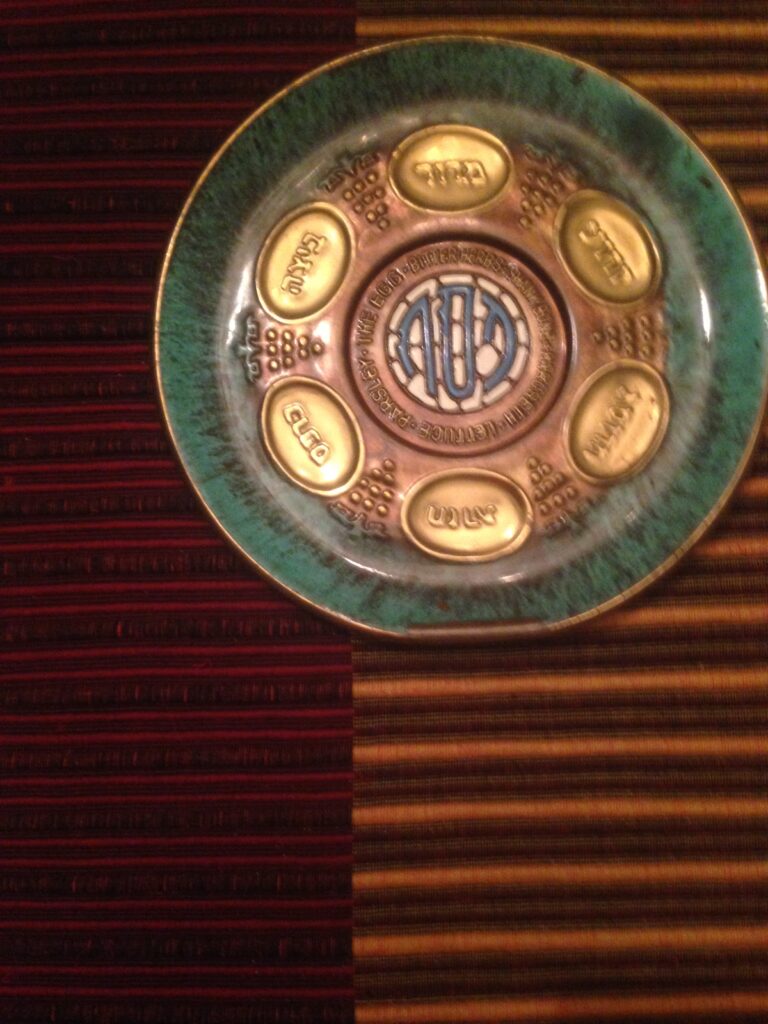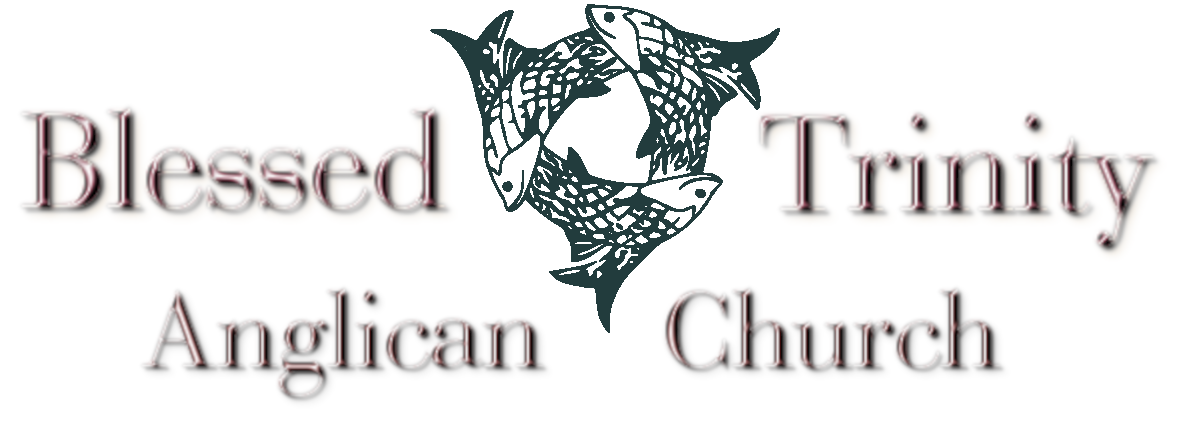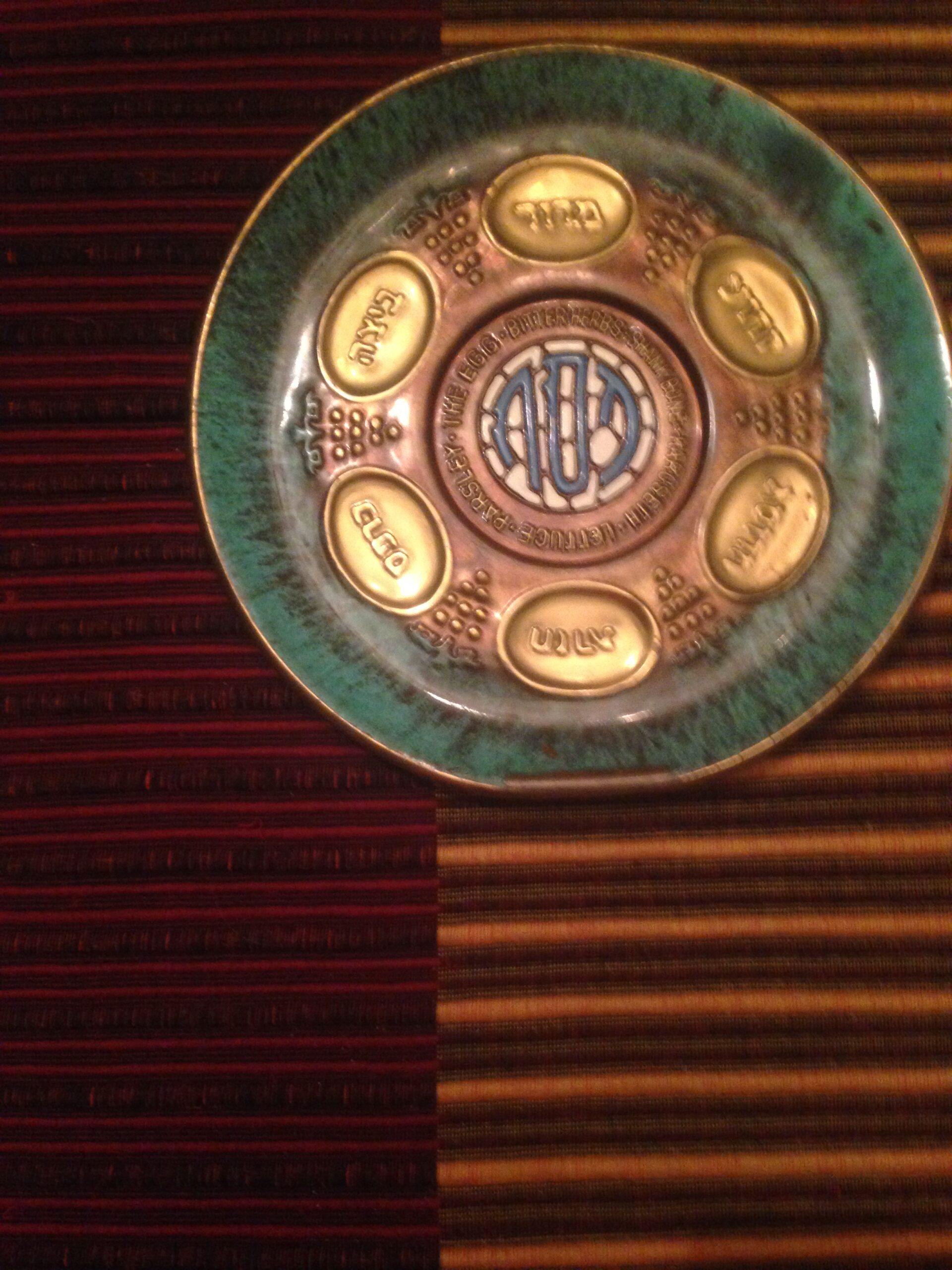
When Jesus and the 12 Apostles gathered in the Upper Room at the start of the Passover, it was clear this wouldn’t be as every other Passover the 12 had grown up with in their Jewish homes.
Jesus began by washing the feet of the Apostles. Most of these men had not likely had their feet washed by someone since their mother or sibling had done for them as a child. They were not likely to have had servants to do this for them. So Jesus whom they have followed, who has taught them during the past three years, whom they’ve come to know as the promised Messiah, does this service, kneeling at their feet. What came to their minds? The picture of a King laboring over commoner’s feet? Or was it the love of a parent for the child, of a friend for a friend? The image is not pointing to service, but service pointing to the Love of God.
Our Deacons and our Deaconesses in their visible acts of service provide an icon of Christ and His demonstration of Love. They are visible images pointing to the Love of God. And each of us is to point to the Love of God in our own service. Yes, we expect our diaconate to embody “service in the Name of Christ,” but it is to inspire each of us, lay minister or bishop, to point others to the Love of God.
Unleavened bread, broken before the meal and share by all not recalling their being in slavery and bondage in Egypt, was taken by Jesus. Jesus didn’t use the words everyone knew and expected, “This is the bread of affliction.” But Jesus broke it saying, “This is my Body.” He broke it, and gave it. God’s freeing the Apostles from bondage and slavery was being accomplished in Jesus’ very body and they would share in that new freedom. Though they undoubtedly didn’t understand that evening, they came to understand it was sin and death from which they would receive in this Passover.
After supper Jesus took the Cup of Elijah, which looked to God sending the spirit of Elijah to prepare for the coming of the Messiah prophesied in Malachi. This cup was never picked up and drunk from, it was not shared. When Jesus took the cup saying, “This is my Blood.” There was no mistaking that the way had been prepared for the coming Messiah. The blood of Passover was the sign marking the doors of the Hebrews in Egypt and the sacrifice for being restored to a right relationship with God. In His blood, Jesus’ would make the perfect sacrifice with the perfect offering.
Today, on this Maundy Thursday, we are reminded this is a new covenant with a new commandment, a covenant in the Body and Blood of the perfect sacrifice of God’s own Son and in sharing in that communion we are to point to the Love of God in all that we do.


Leave a Reply